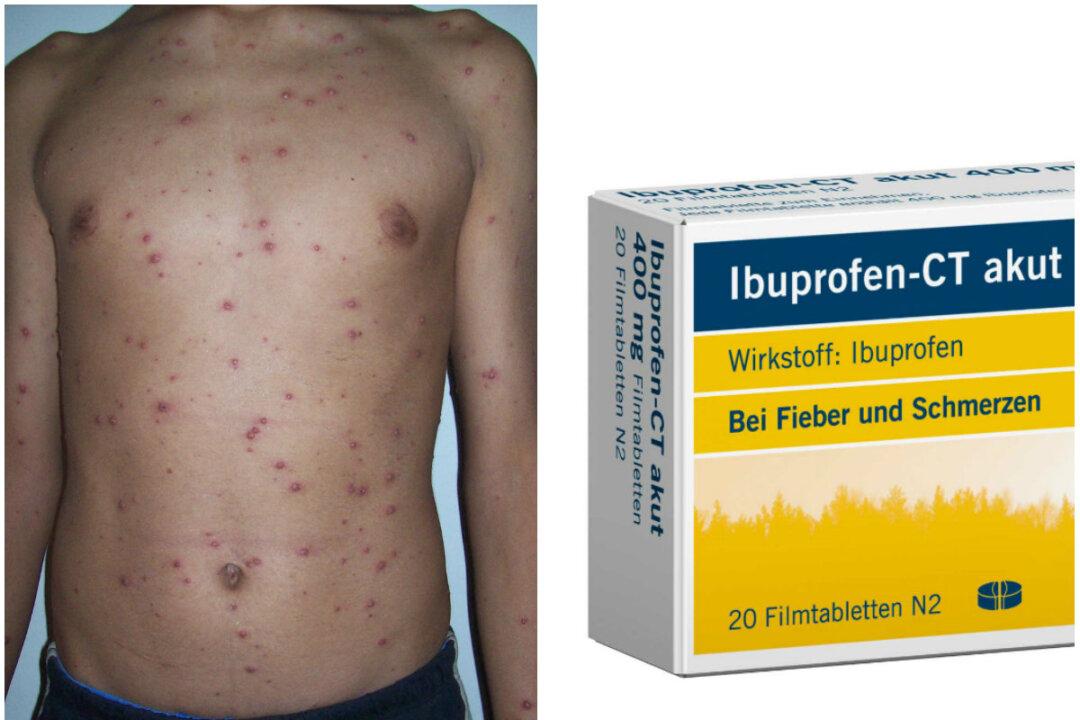Hayley Lyons learned the hard way that even with the most common prescription drugs you need to be careful.
The mother of three from Warrington, England, recently saw her son Lewis come down with chicken pox. As his temperature stayed high, four different doctors prescribed ibuprofen, a common anti-inflammatory drug and painkiller.
But not only did Lewis’s temperature kept rising, the pox blistered more and more too. Ultimately, Lyons had her son admitted to Alder Hey Children’s Hospital in Liverpool where he was diagnosed with septicaemia, a life-threatening infection complication also called blood poisoning.
Thanks to the hospital’s care, Lewis recovered.
“This could have ended up so much worse,” Lyons wrote on her Facebook post about the experience, according to Manchester Evening News. The post has been shared almost 440,000 times.
Only in retrospect, Lyons wrote, she found that ibuprofen should not be taken with chicken pox.






